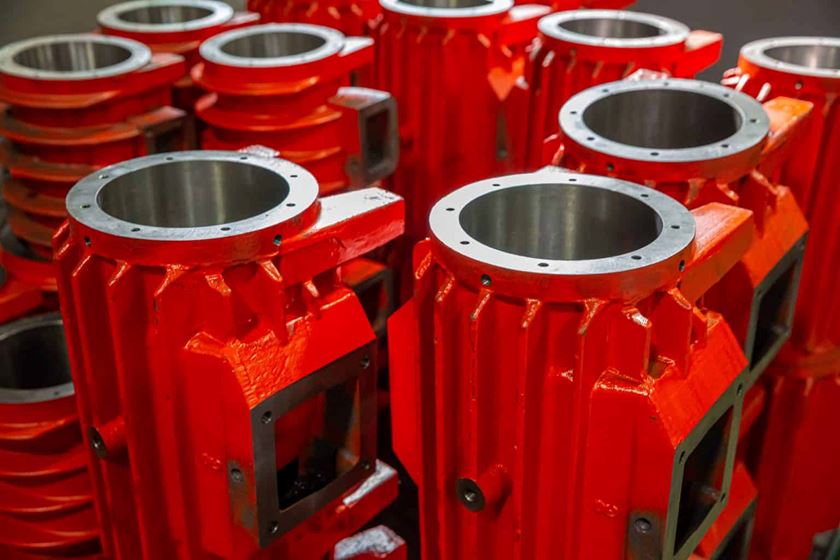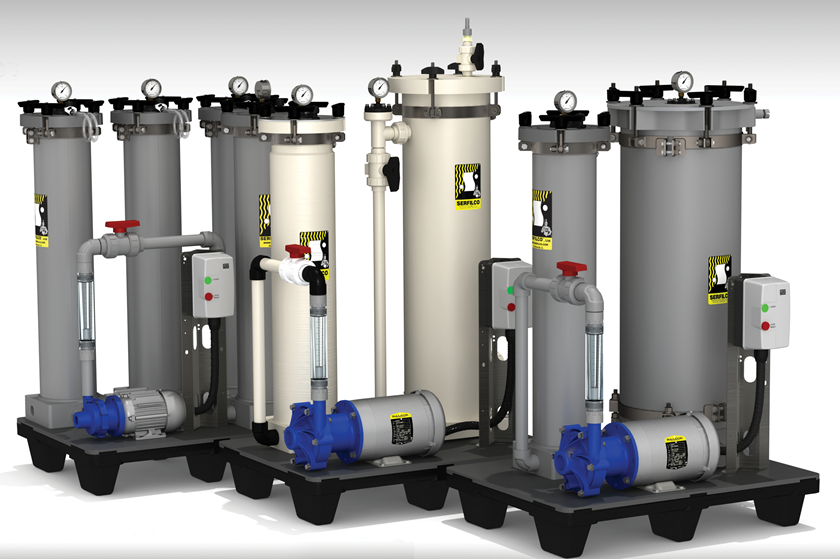After the Fall
Business lessons from Toyota's troubles.
During the last 10 years, Toyota has seen a big increase in international sales and production.
#automotive
During the last 10 years, Toyota has seen a big increase in international sales and production. Since 2003, the pace of expansion has exceeded half a million vehicles a year.
"Since Toyota's mission is to contribute to society through the manufacture of automobiles, I do not think we were wrong to expand our business in an attempt to meet the needs of customers around the world. But we may have stretched more than we should have, and that made us unable to capitalize on Toyota's traditional strengths."
—Akio Toyoda, grandson of founder Kiichiro Toyoda, in remarks on becoming president of Toyota Motor Corp., June 2009
As this is written, Toyota has recalled 8.5 million vehicles worldwide for a variety of problems. That number is likely to continue to increase. It remains to be seen how—or if—the automaker can regain the reputation for quality and reliability it enjoyed before the current debacle. The company will no doubt deploy its legendary problem-solving approach to uncover the root cause of its problems and implement the required fixes.
In the meantime, there are lessons that apply to any business that can be drawn from Toyota's troubles. Editor Michael Connor recently outlined some of them in the online magazine Business Ethics (business-ethics.com).
Aggressive growth can create unmanageable risk. Akio Toyoda's remarks about expansion last June seem prescient, but cracks began appearing in the company's quality façade by 2005 when Toyota recalled more vehicles than it sold. "One wonders if, when accepting management's plan for aggressive growth, Toyota's board of directors exercised appropriate diligence to ensure that growth could be achieved without betting the entire franchise," Connor writes. "Were quality control and safety part of the discussion? Maybe gaining market share wasn't worth the trade-off."
Get the facts quickly and manage risks aggressively. Toyota's troubles in the U.S. are just beginning. Congressional representatives and personal injury lawyers want to know what Toyota knew and when. According to Connor, a good internal risk assessment program can help identify areas of any business where management should be on the alert. "Robust risk management programs help a company address problems as they pop up on the internal corporate radar screen—and before they explode in public," he writes.
Your supply chain is only as strong as its weakest link. In the case of Toyota's U.S. gas pedal recall, the components reportedly were produced by a company in Elkhart, IN. It's still not certain how much blame the supplier deserves, but supply chain monitoring is a critical factor for companies that rely on third-party suppliers. "That's increasingly true for a broad variety of industries, not just automobiles, as business grows ever more global," Connor writes. "Smart companies will know their suppliers and their respective strengths and weaknesses."
Accept Responsibility. "Accountability matters enormously," Connor writes, citing Johnson & Johnson's 1982 Tylenol recall as a model of corporate crisis management. So far, Connor says, Toyota seems to be avoiding the appearance of passing the buck.
Take the Long View. "Reputation can be easily lost—and Toyota's reputation is indeed threatened—but it's highly unlikely the company will collapse completely," Connor writes. "The reality is that Toyota is positioned for recovery about as well as it could be—owing, in large measure, to the reputation for quality products and corporate responsibility it has developed over the last two decades. That reputation is a valuable asset, and one that Toyota will undoubtedly be citing and calling upon, in the weeks and months ahead."
RELATED CONTENT
-
Cr(III) Conversion Layers on Zinc and Zinc Alloys: Evolution and Perspectives
Trivalent chromium conversion layers have successfully replaced hexavalent conversion chromium on zinc and zinc alloys for many applications, especially in the automotive industry since the entry in force of the ELV directive.
-
Dürr Partnership Expands Market Access for EV Batteries
The Dürr Group and Osaka-based firm Techno Smart have partnered to increase EV battery production efficiency. The Dürr Group is also expanding its small-factor battery production tech business and contributing to EV production across multiple departments.
-
Evolving Automation in Automotive
A look at the latest liquid coating technologies for the automotive sector from leading robotics and surface finishing technology providers















